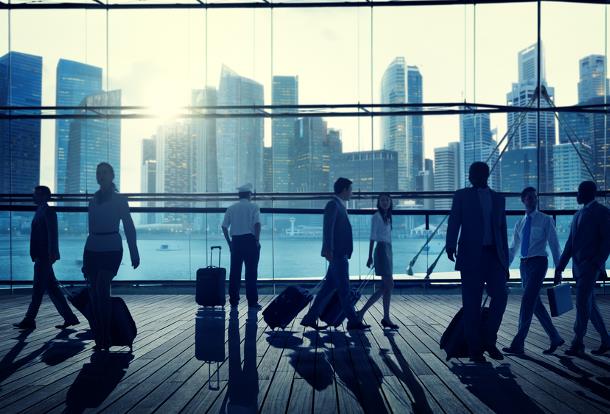Tuesday, July 29, 2008: The international hotel market is surprisingly staying afloat, in spite of the dire economic situation, with the Hogg Robinson Group hotel survey discovering growth in most regions.
Moscow remains the most expensive destination for corporate travellers, and has experienced 25 percent growth, but Mumbai is displaying impressive development, with an average rate increase of 37 percent.
The six month survey also found resilience in key European markets, with Berlin topping the rate rise at 39 percent, a development attributed to increased demand in an under supplied market, as well as growing activity from the international film industry.
Recent pushes to grow Abu Dhabi tourism have been successful, with rates rivalling Dubai, and the capital entering the top 10 for the first time with average rate growth of 23 percent.
Both Eastern Europe and the Asia Pacific experienced over 20 percent in growth, which HRG accredit to the focus upon the luxury sector in the market, as well as the shortage in hotels and growing demand.
Margaret Bowler, Director Global Hotel Relations at HRG, commented "The hotel industry has continued to show an increase in hotel rates, albeit at a slower rate than we saw for the same period in 2007.”
“However, as the market softens we can expect to see more hotels adopting sensible pricing in order to maintain current occupancy levels."
The survey considers industry intelligence, actual room nights booked, and the rates paid by HRG clients in the United Kingdom, for the first half of this year in comparison to the same period in 2007.
The rising euro has allowed Europe to outstrip the industry in rate increases, as demand in the region consistently outperforms supply. The amplified effect of the euro for foreigners has impacted companies travelling to Europe for business.
Denied bookings are indicative of rising demand, as a lack of availability in crucial cities are effecting business travellers.
"As forecasted at the start of the year, in our 2007 annual hotel survey, the mid-year results have shown that the international hotel market continues to be resilient,” explained Ms Bowler.
“Most regions [are] seeing an increase in average rates in the first half of 2008 as demand continues to outstrip supply," she continued.
"However, we are increasingly seeing rates level off in certain markets as they adjust pricing structures to meet market expectations,” she added.
She concluded, "Looking ahead to the second half of 2008 we can expect to see high average rates maintained in cities where demand is strong and availability low, and in cities such as Moscow where the market is dominated by five star hotels.”
“In cities experiencing a balancing-out of rates, it is likely that client negotiated rates will become more widely available, with hotels wishing to secure business with companies that can guarantee a significant proportion of their travel spend."




